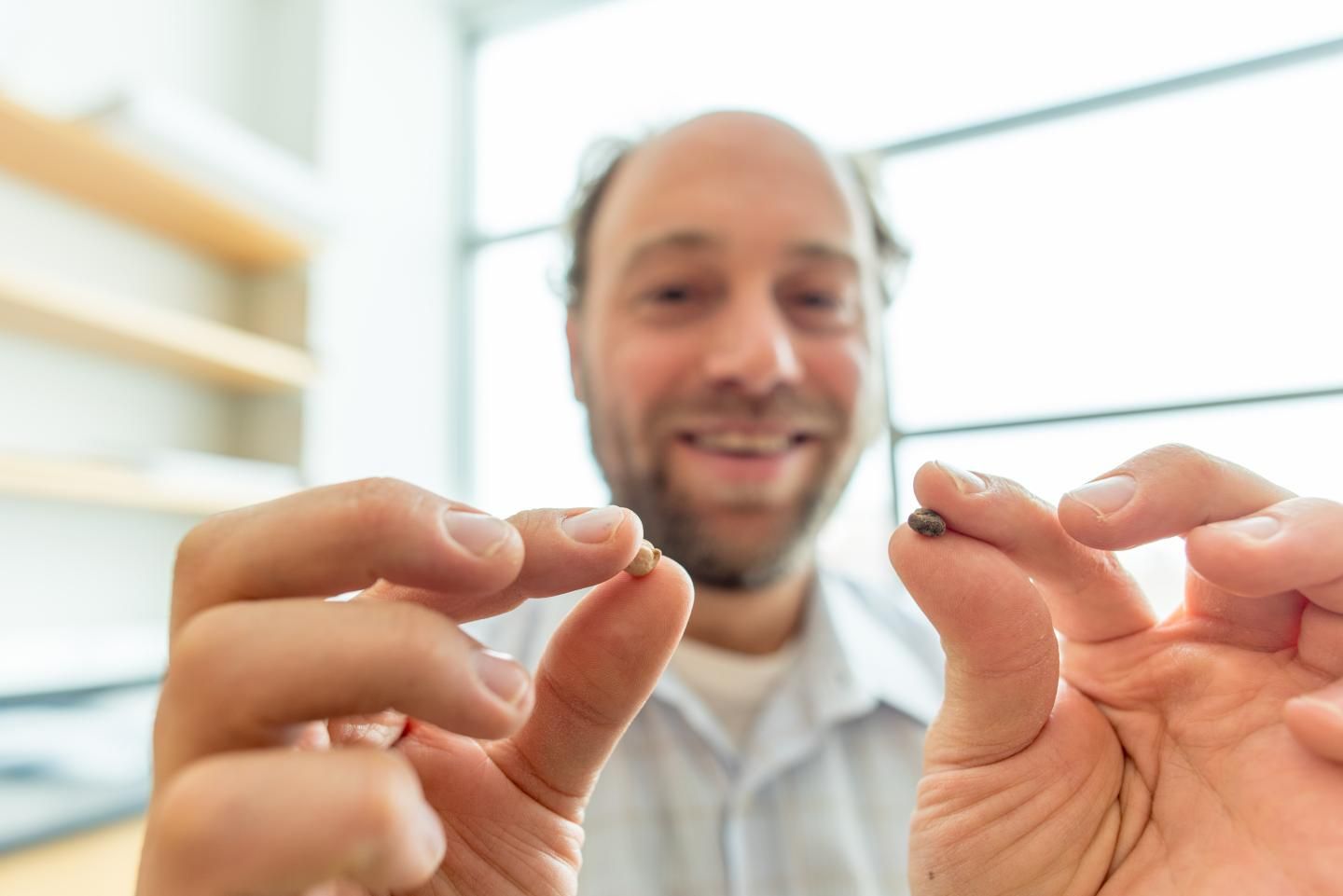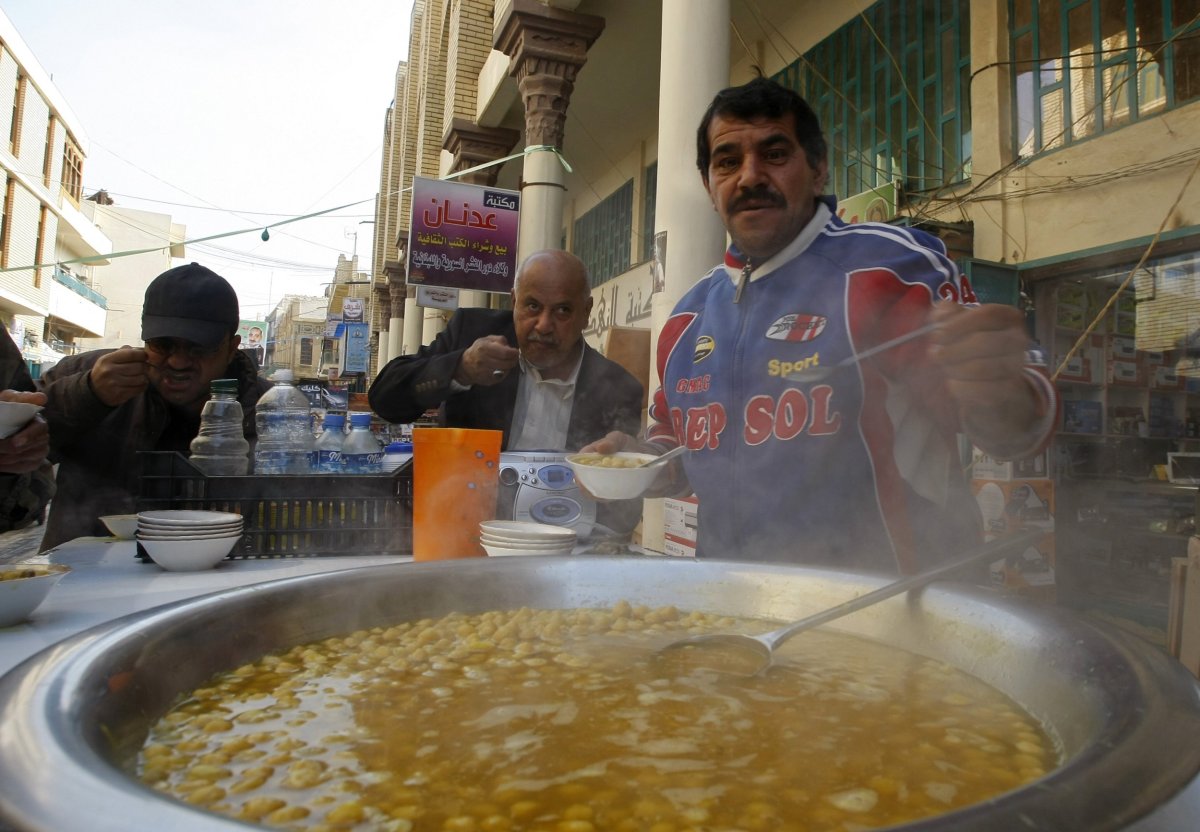
Among the many aspects of life threatened by climate change, the chickpea hasn't received much attention. But crops of this legume, which supply 20 percent of the world's population with protein, could be decimated by global warming. Their only hope may be their wild counterparts, which can help the domesticated garbanzo bean regain what it's lost on the farm.
Chickpeas lost their genetic diversity 10,000 years ago, when the crop was bred so their seeds would stay attached to the plant, making it easier to harvest.
Around ten thousand years ago, farmers realized that chickpeas would be much easier to harvest if the seeds stayed attached to the plant. "Agriculture really only works if the seeds stay on the plant so that you can harvest the whole plant with a scythe or your hands," Eric Bishop von Wettberg, plant biologist of the University of Vermont, told Newsweek.
But preserving that attachment meant breeding the plant for that trait. As a consequence, the chickpea lost its genetic diversity. And that lack of diversity is exactly what makes the plant vulnerable to damage by climate change.
To prepare the plant for a sustainable future, von Wettberg and colleagues are investigating how to remedy the lost genetic diversity. They collected seeds from 371 wild plants across 21 sites in Turkey and Kurdistan, along with DNA from 839 plants, publishing the findings Tuesday in Nature Communications. The researchers hope that these wild species—which are more resistant to drought, extreme heat, and pests such as the pod-boring beetle—could be crossbred with domesticated chickpeas to breed farm-friendly plants that can withstand climate change.
To find the wild plants, the team surveyed over 230,000 square miles, often asking local shepherds where to find wild chickpea. Over two months in 2013, locals led them to a variety of locations—dry and wet, high and low and to different soils. A comparison of the wild plants with the domesticated varieties revealed that the latter have lost 93 to 98 percent of their genetic diversity.
"We know we have a problem," von Wettberg said. "We know that our crops are lacking in genetic diversity, and we have the tools from modern genomics to fix that."
This amount of lost genetic diversity is not necessarily rare among other crops the world relies on. "I would suspect that this is not unusual," said Brande Wulff, crop genetics project leader at the John Innes Centre in the United Kingdom and who was not involved in the study, "and that many of our crops we grow today have gone through a so-called genetic bottleneck, where a lot of that genetic variation … has been left behind."

Chickpeas, however, are already sensitive even without climate change. Wet conditions raise the risk of fungal disease and droughts can kill off the crop. Climate change is expected to worsen intense rainfall and droughts—depending on the region.
The robust characteristics from the wild relatives of chickpeas could be bred back into domestic chickpeas in order to remedy the impacts expected from climate change. "It's a bit like breeding a race horse with a donkey," said Wulff, who studies wheat breeding. "There's something in the donkey that we want and we want to bring that into the race horse. … Having access to this type of genetic variation will be increasingly important to breed better crops to feed a growing population."
SaveSave
Uncommon Knowledge
Newsweek is committed to challenging conventional wisdom and finding connections in the search for common ground.
Newsweek is committed to challenging conventional wisdom and finding connections in the search for common ground.
About the writer
Sydney Pereira is a science writer, focusing on the environment and climate. You can reach her at s.pereira@newsweekgroup.com.
To read how Newsweek uses AI as a newsroom tool, Click here.








